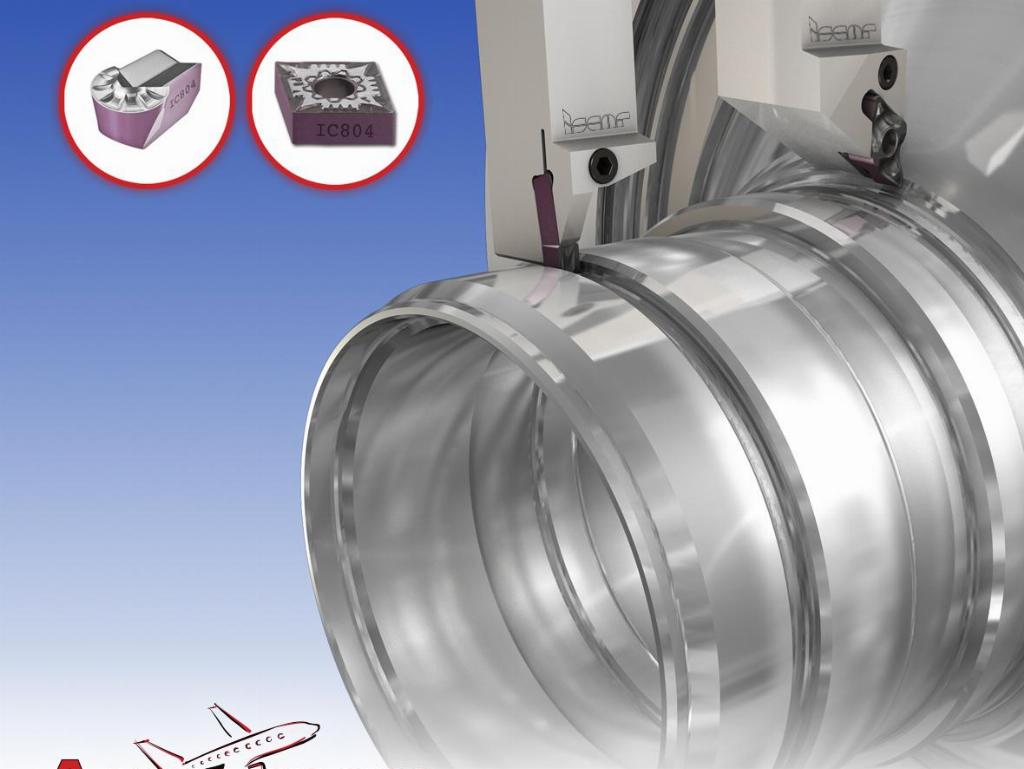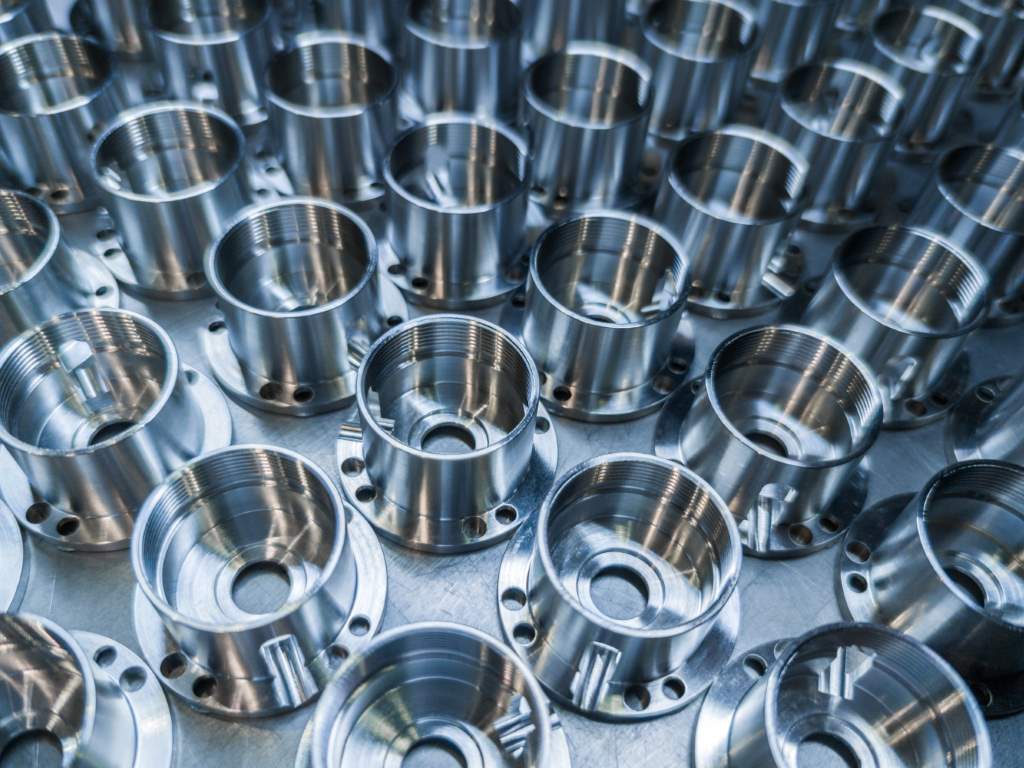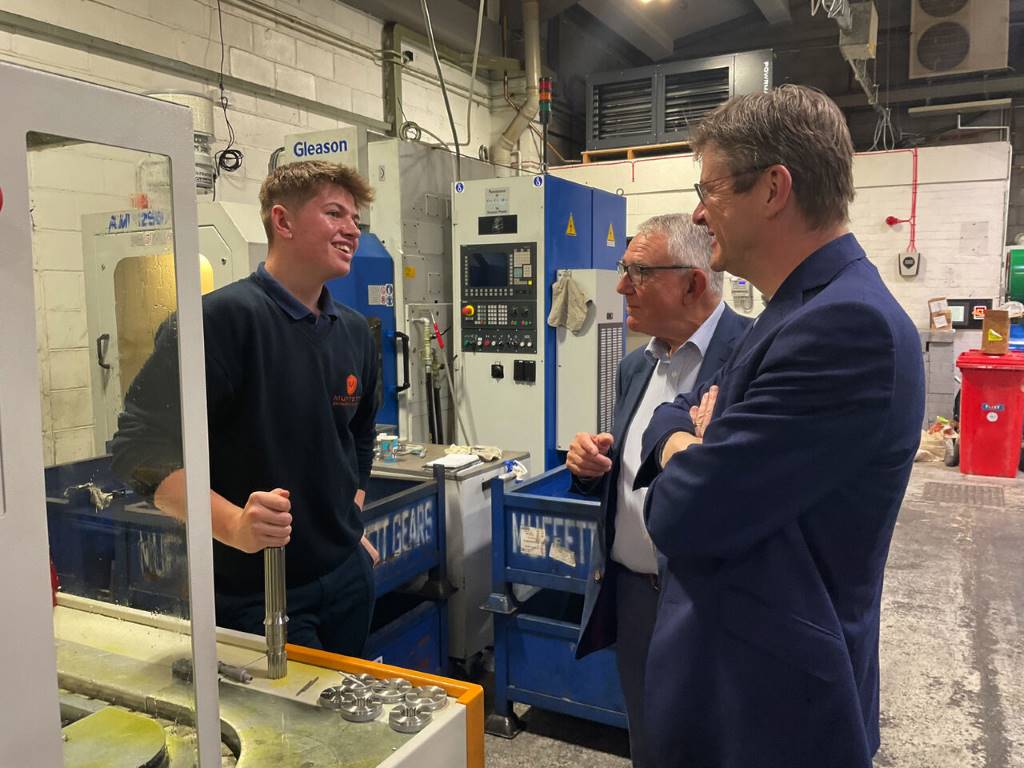Drone deliveries are aerospace sector's growth opportunity – survey

A new report shows more than half of people believe commercial drone deliveries will be commonplace by 2023, as the governments and firms find new ways to guarantee services amid the coronavirus pandemic.
Challenges posed by Covid-19 are accelerating the willingness to embrace drone technology and the UK is leading the way, according to a new European aerospace study released today.
The first findings of Protolabs’ Horizon Shift report, which involved 325 aerospace business leaders from across Europe, highlights an increased appetite for ‘low space’ innovation and more investment into the fast-track testing of robots and drones.
More than half of companies questioned (53%) believe commercial drone deliveries will be commonplace by 2023, as both the public and private sector seek safe ways to guarantee services whilst containing the spread of any viruses.
And 78% of companies questioned from the UK felt convinced that disruption in the form of drones represents the sector’s best opportunity for growth in the future. This figure from the UK outperformed its peers in Italy (75%), France (64%) and Germany (57%).
“Covid-19 has brought huge disruption to the global economy, with the aerospace sector being among the hardest hit,” explained Bjoern Klaas, vice president and managing director of Protolabs Europe, a digital manufacturer of custom prototypes and low-volume production parts. “However, a crisis can act as a catalyst for further innovation, forcing organisations to seek alternative ways to survive in rapidly changing times. Our report shows that right now within aerospace, the ‘low space’ sector is demonstrating agility in its approach to innovation and there is a real appetite to see it work in the UK.
UKSA, the Government agency responsible for the UK’s civil space programme has just announced a new drive to fund space-enabled technology to strengthen the NHS response to Coronavirus. Drone technology can help meet challenges, such as delivering test kits, masks, gowns and goggles, in the management of infectious disease outbreaks.
Mr Klaas continued: “Commercial drone deliveries are the most likely disruptor and this was reinforced across the duration of our study, which was carried out as the Covid-19 pandemic started to take grip. In just a few weeks, the appetite for this technology increased by 11% to 53%.
“Depending on legislation and advances in technology, it’s feasible that last mile delivery of products, through drones, could reach up to 30% of citizens across Europe. Furthermore, nearly a third of people feel that urban mobility will be a viable mode of transport in the next three years.”
Despite the positive outlook, there are a number of obstacles standing in the way of companies operating in low space.
Cost of initial investment over return on investment is seen as the biggest challenge by a third of respondents and this is closely followed by technology integrations and issues caused by inflexible supply chains.
Detailed testing programmes and product development cycles are the main barrier to innovation, whilst risk management and an inability to learn from failures could also stifle progress.
More than a third of companies want investment in STEM education, improved international regulation/collaboration and increased government support.
Disruptive times
The Protolabs report was completed during March and April and involved 325 leading aerospace professionals from France, Germany, Italy and the UK.
Respondents work across senior management, R&D, engineering design, technology and supply chain management, providing one of the most comprehensive overviews of the sector recently completed.
Disruption was a core theme throughout the survey, with 62% saying that disruptive technologies are making their companies more competitive.
Advances in technology will also unlock the value migration to new business models, including faster charging of lithium-ion batteries (59%), artificial intelligence (59%) and battery storage (58%).
Mr Klaas concluded: “We are operating at a time when the unimaginable is fast becoming reality and the aerospace sector and supply chain has to keep pace with this change in attitude.
“There are real opportunities for suppliers to look at ways they can deliver parts that can be used in this transition, whilst exploring material applications that deliver the lightweight savings and optimum performance required.”
Protolabs www.protolabs.co.uk













